Angie's List and NextDoor's Favorite: 2017 -2024
Problems With Your Water Heater Temperature
Adjust the Thermostat
If your water is too hot or if your water heater doesn’t get hot enough, it could be as simple as adjusting the thermostat. For most homes, the ideal temperature for hot water is between 120 and 140 degrees.
Dip Tube Problems
A broken dip tube may also be the cause of running out of hot water fast. Other things can cause problems with your water heater’s ability to heat. If dip tube is broken, then there is less hot water available. This can cause problems with your water’s temperature.
Tankless Water Heater Temperature Adjustments
Each tankless water heater comes with a LED panel that allows you to adjust the temperature. Rinnai tankless water heaters are the preferred brand installed by Duncan Plumbing Solutions. Rinnai’s come with a maximum setting to 120F to prevent scalding. However, you can increase this to 140 by following a few simple steps here:
You can also adjust the vent controls that work with your tankless water heater. As part of your computerized temperature controls, you can choose from fan settings that let you control the temperature.
No Water Coming From the Tank
If there is no hot water coming from the tank, you could have a broken heating element. If your home is powered by natural gas, you could have a problem with the thermocouple. These components are easy to replace on your own. Duncan Plumbing Solutions also offers quick fixes for no water. If you are a do-it-yourselfer below are tips for replacing your water heater’s thermocouple:
How to Replace a Water Heater’s Thermocouple
Poor Pressure
Hard-water buildup in the pipes can block water flow into and out of the hot water heater. This block will result in low pressure. Sediment in the hot water tank has the same effect. If the shut-off valve leading to the water heater is partially closed, water pressure from the unit drops.
Annual Maintenance will help pressure problems
Attach a garden hose to the hose bib at the bottom of the hot-water heater tank after turning off the gas or power to the unit. Run the hose outside where it can drain. Keep the cold water feed on to the tank to remove sediment buildup inside the tank as you open the hose bib. Let it flush until the water from the hose comes out clear. This annual maintenance helps to keep a water tank clean of sediment and buildup that can affect both the quality of the water and its pressure.
Noise Problems
There is nothing worse than a hot water tank that bangs, creaks, knocks, or whines. Most noise issues are caused by the sediment that can build up inside the water tank. When the debris inside the tank comes in contact with the heating element, noise happens as the sediment burns. Flushing the tank usually corrects this problem.
Another reason hot water heaters make noise is because the heating element may be burning out. If you have flushed out your tank and removed the sediment but are still hearing strange noises, it could be time to replace the heating element.
How Do You Know When It’s Time to Replace your Water Heater?
Here are some of the things you will need to consider in order to determine if it is time to replace your hot water heater.
Contact Duncan Plumbing Solutions today!
For proper water heater repair and replacement, please contact professionals from Duncan Plumbing Solutions ! Voted Waxahachie’s Best Plumber and Best Plumber Waxahachie, we are also a NextDoor Favorite! All for good reason! Our plumbers are master problem-solvers and can get you well on your way to instant, endless hot water if that’s what you desire! Contact us today! 972-937-0040
The post Common Water Heater Problems & How to Fix Them appeared first on Duncan Plumbing Solutions.

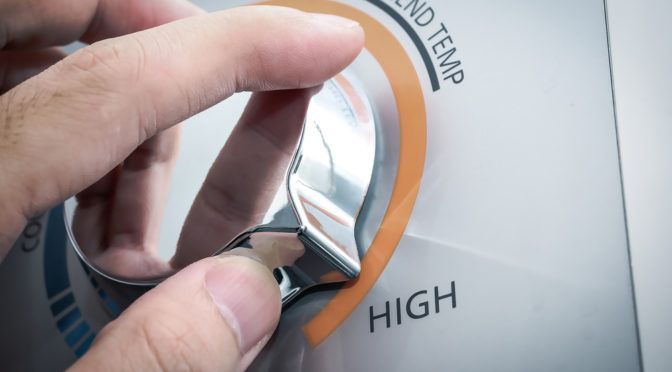
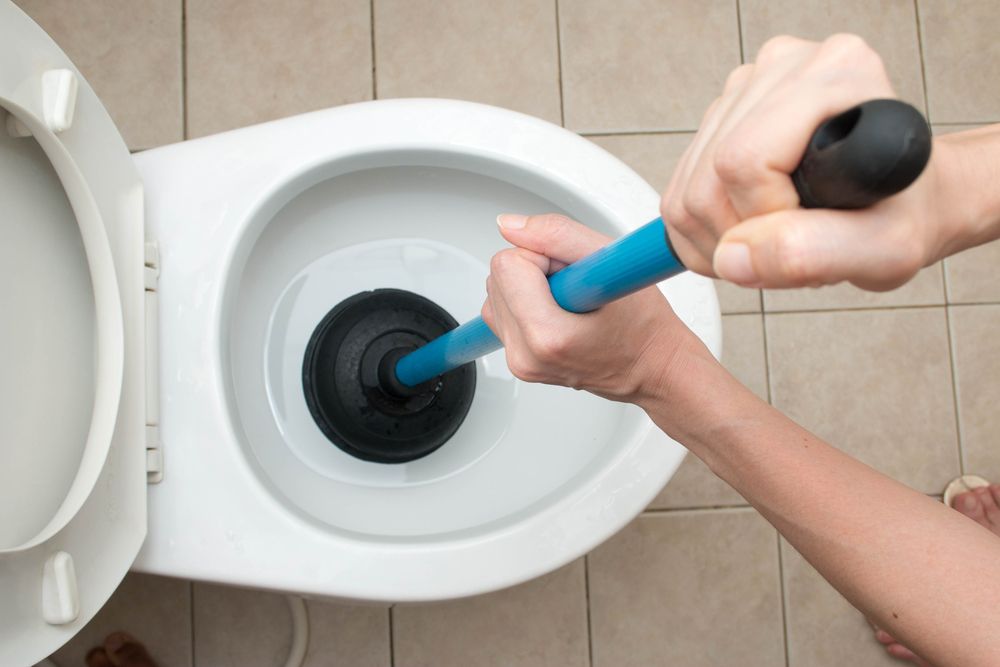

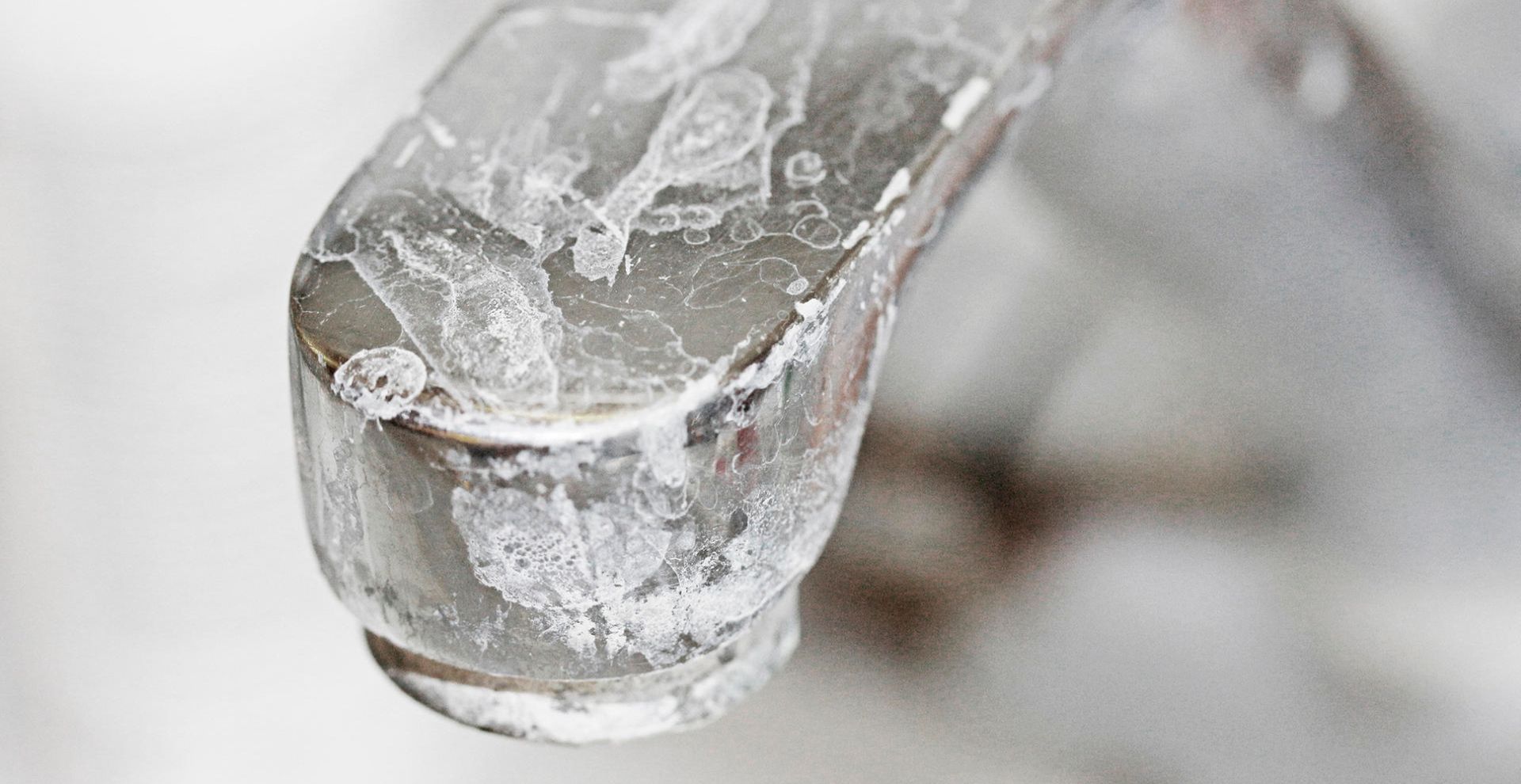

SERVING
and Surrounding Areas

HOURS
Hours:

CONTACT US
Master License # M-39624
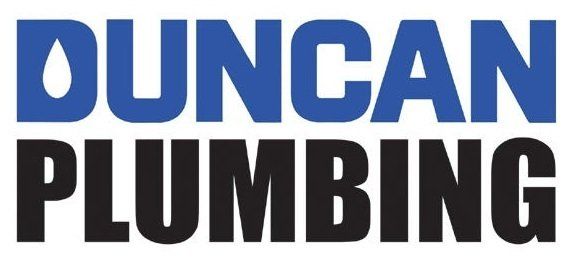
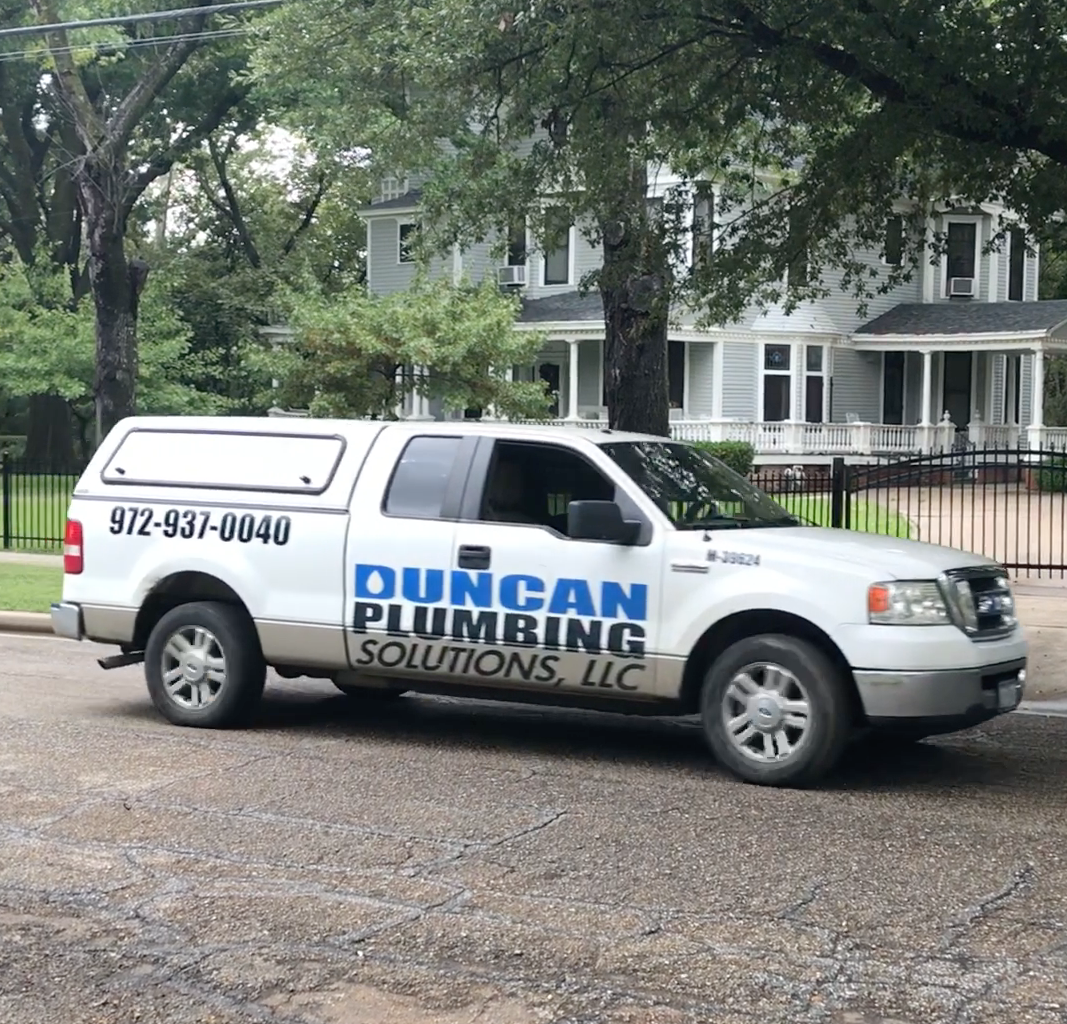

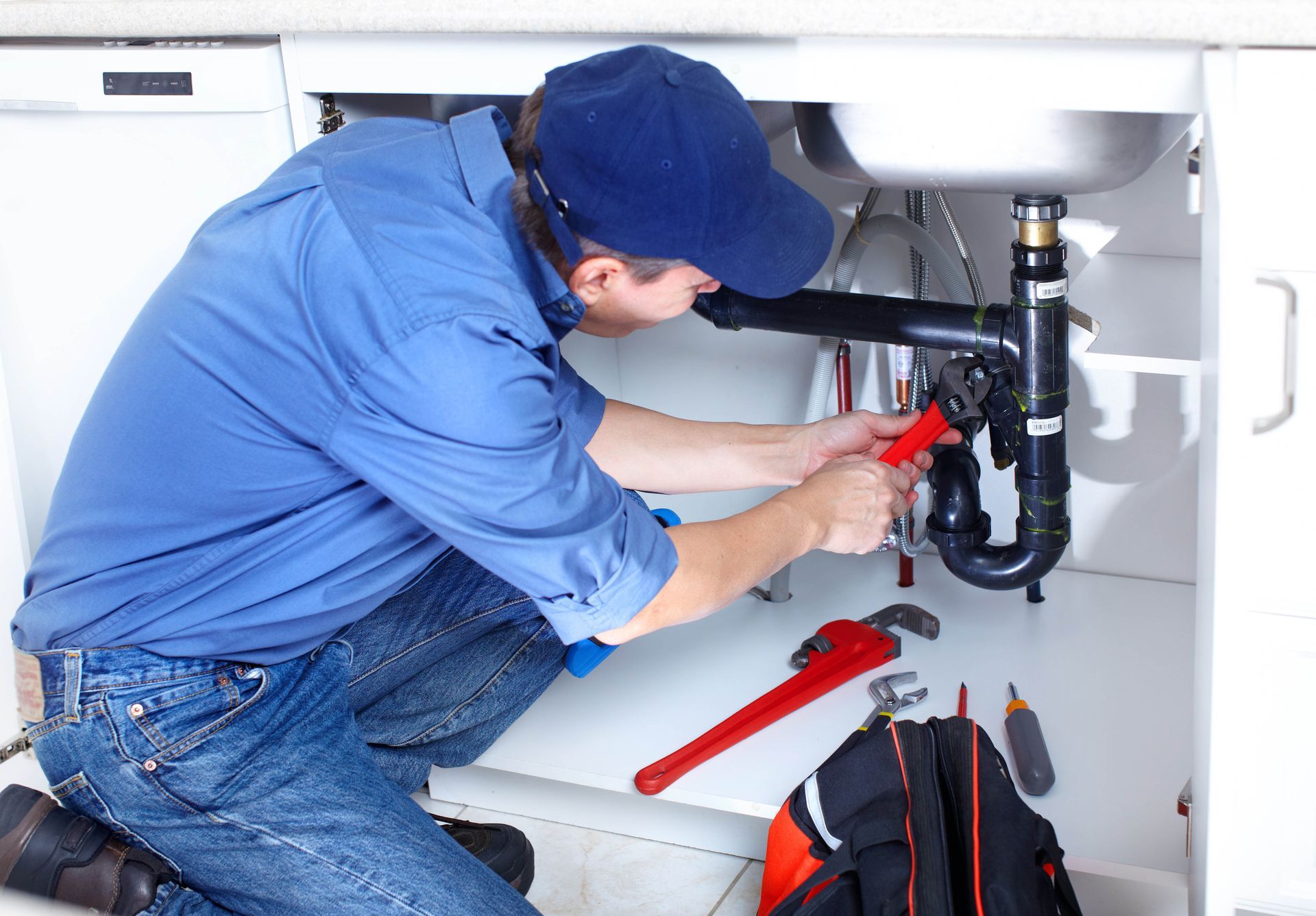




















Share On: